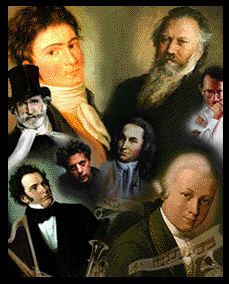
Music Research
The teaching of the School is undertaken by a professor, reader, and lecturers. The Academy is situated in Teramo, Rome and Padova. There are four courses: Interpretation, Performance, Programmes du profil écriture-composition and Electronic Music. Within these four general fields of study, students are able to select specific areas for their own work (with the advice of theire supervisors and approval of the Board of the School of Music). The course normally lasts 10 years. In both fields the examination requires each candidate to submit a dissertation and to sit 4 formal specialist papers. Those studying Interpretation and Performance are also required to give 3 recitals (solism, chamber music, Solo+Orchestra), and those studying écriture-composition and Electronic Music have to submit 3 compositions (solo, chamber music and Orchestra).
Music Courses:
Prassi della musica antica
Discipline strumentali classiche e moderne
musica da camera
Discipline vocali (scuola di canto lirico)
Canto Corale
Musicologia e analisi
Discipline teoriche: Storia della musica ed Estetica della musica
Direzione d'orchestra
Composizione e scrittura musicale: trattato di armonia; fuga e contrappunto
Arte scenica (ramo cantanti)
The opportunities offered are many. It transforms the pedagogy and can lead to an improved and more engaging learning experience. These effects are not limited to the classroom, for example, the transformation of distance education into e-learning and blended learning offers new options for delivery and new opportunities for in-service teacher training and support. The capacity of IEM represents possibilities for innovative peer learning across territories and countries. The ability of students to utilize IEM programme has become a new requirement for effective education systems.
File allegato: Articolo JCAM.pdf
|